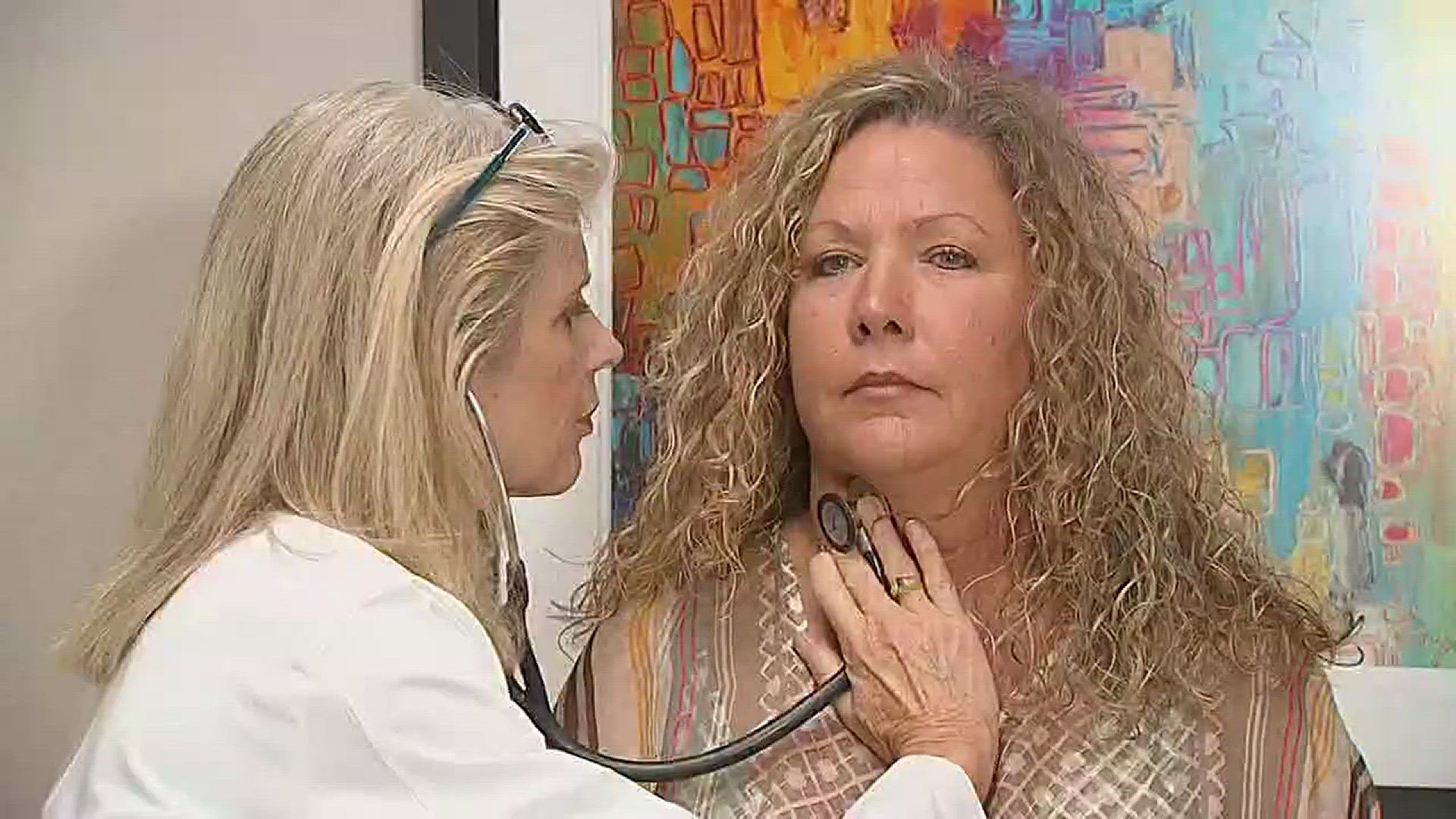"We hunt, we fish, we do everything," said Sheila Beasley, an active outdoor enthusiast, wife and mom. But Beasley's heart wasn't quite keeping up with her lifestyle.
"I really just felt drained and just exhausted," explained Beasley, "Like I had ran a marathon but I'm just sitting there doing nothing."
Her symptoms started at age 42 with a simple heart flutter. Over time, the palpitations became faster and more frequent.
"It got to where it felt like my heart was literally jumping out of my chest," said Beasley, now 48.
Her cardiologist, Melissa Carry, at Baylor's Heart & Vascular hospital, was able to identify the problem with an EKG.
"When Sheila came in, we had a very fast irregular rhythm. It was going about 160 beats per minute," said Dr. Carry.
Sheila's pulse was off the charts. Doctors diagnosed her with AFib-- a rapid, irregular heart beat.
"You can get static blood flow in the top chamber of the heart, and a blood clot can form," explained Dr. Carry.
Three percent of Americans are diagnosed with AFib. It's become an increasingly common diagnosis among women who have high blood pressure, diabetes or have experienced a previous stroke.
Dr. Carry said that while a lot of people may feel split-second heart palpitations, it's when you notice sustained episodes that you need to see a doctor.
"AFib is not life threatening, it's not a rhythm that's ever going to kill you," said Dr. Carry. "But it can predispose you to a stroke."
Family history and obesity can put you at higher risk for AFib. So can binge drinking, excessive caffeine and stress.
"We are seeing a lot of people coming in earlier," said Dr. Carry. "Any kind of stress... that increases your adrenaline system, I think that does increase your risk."
This year is when Beasley finally got her AFib diagnosis, after wondering what was wrong for six years. For now, she relies on a blood thinner and a blood pressure medication. She's thankful her doctor's catch is allowing her to continue a little catching of her own.

